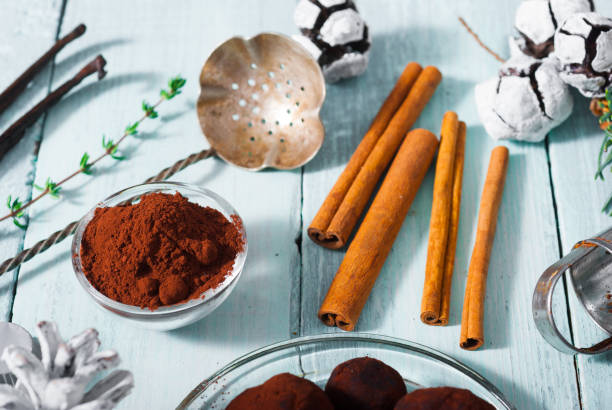Your skincare routine should change as the seasons do. Winter in Great Barrington, MA, and throughout the Northern Hemisphere means cooler temperatures. Winter brings snow-covered trees and thrilling winter sports but also an unquenchable desire for hot chocolate. Ice-cold temperatures can also lead to dry Skin and air. The humidity levels drop when the temperature falls. You can get chapped lips, cracked hands, and other symptoms of sensitive Skin when you combine dry air, harsh winds, and central heating. These five winter skin care tips will help us get through the winter.
Winter Skin Care Tips and Tricks
S-U-N-S-C-R-E-E-N.
Sunscreen is the most important beauty product for all seasons! You know the power of winter sun when it is combined with snow glare if you have ever been skiing or snowboarding. Use sunscreen with SPF 15 and above to protect your Skin. Jane’s favorite winter sun protection products for all seasons are HandDrink Hand Cream SPF 15. You can also find out more about the following: LipDrink SPF15 Lip Balm.
Use a humidifier
Have you ever woken up feeling as if you had just crossed the Sahara Desert in your sleep? Central heating can cause your Skin, mouth, and nose to feel dry. Turn on your humidifier to add moisture to the air and Skin at night.
Increase Hydration
What’s next, now that you’ve solved your problem with dry air? Give your body a moisture boost. Use skin-quenching products and drink plenty of water to hydrate your Skin from the inside out. Jane uses moisturizer to keep her Skin hydrated in the winter. BeautyPrep Face Moisturizer She also gives her makeup a long-lasting base by applying a moisture-rich serum. She provides her makeup with a lasting base by using a moisture-rich Smooth Affair Facial Primer & Brightener.
Avoid hot showers
Extra-hot water can also dry out your Skin in the same way that heated air does. A long, steamy, hot shower might sound nice after a cold day, but scalding, hot water will strip your Skin of its natural oils. Turn down the temperature of your water and keep your showers brief to ensure your hydration efforts don’t go to waste.
Limit exposure to wet clothing.
We all have to deal with wet clothes at some point in the winter. You will probably end up with wet gloves or socks if you go skiing, build a no snow for your children, or walk on slushy streets. Remember to remove wedamplothing (especially wool) as soon as possible after you enter the house.

